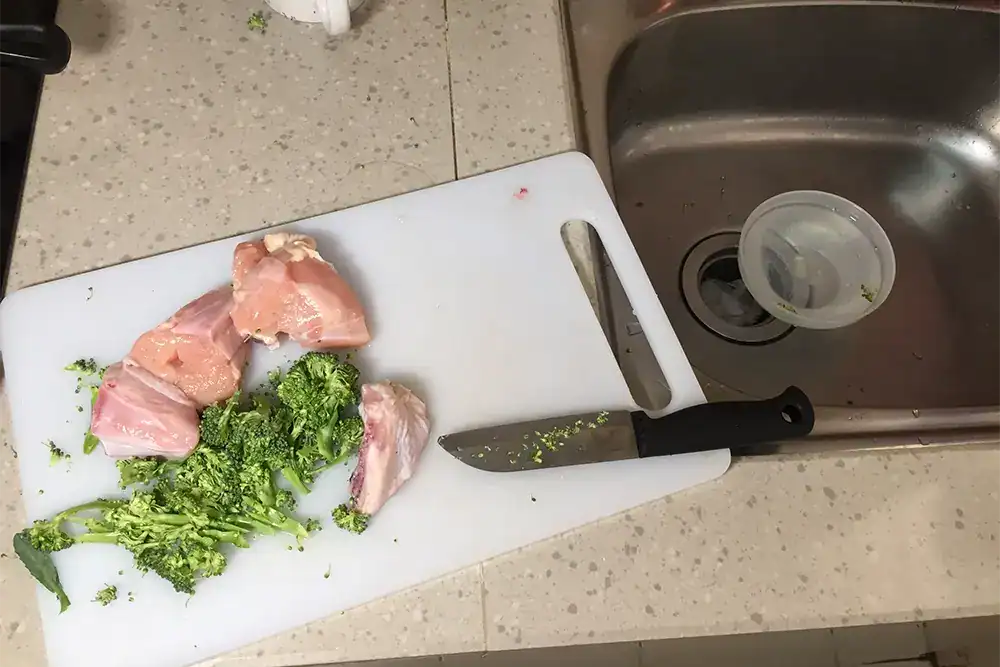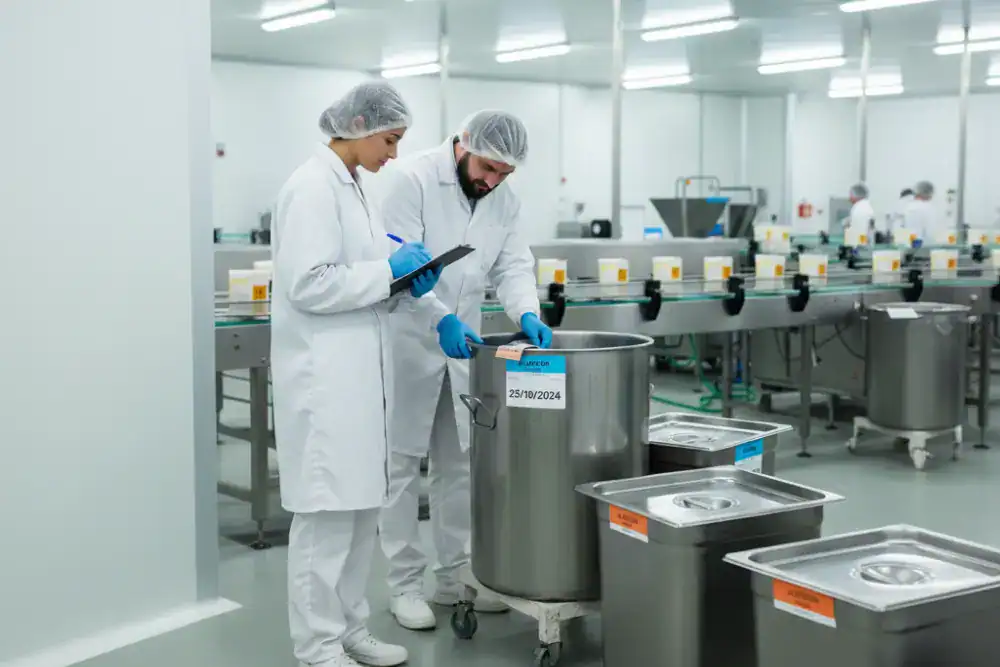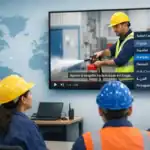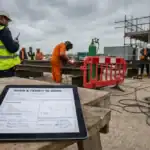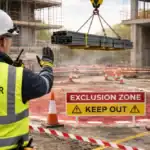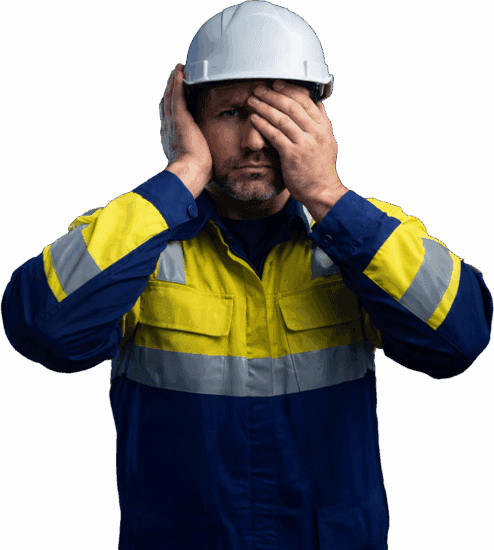
Answering “How often should LOLER testing be done?” is more straightforward than other health and safety queries. Yes, the Health and Safety Executive (HSE) still expects employers to make a final decision based on the equipment they operate and the environment it’s used in. But there is a standard timeframe you can start from.
This guide explains the default intervals for LOLER inspections, checks and tests, as well as developing your own examination schedule. It also covers your legal duties regarding inspections so you can be sure your procedures are compliant and effective.
LOLER Regulations
LOLER stands for the Lifting Operations and Lifting Equipment Regulations. As the name implies, these regulations set out what employers, equipment owners and operators must do to ensure the safety of lifting equipment and operations.
Under LOLER, employers must:
- Plan lifting operations to be safe
- Appoint operators and supervisors who are competent
- Ensure all lifting operations are carried out without incident
Dedicated regulations are needed for lifting operations because they’re inherently dangerous. Lifting anything creates a potential falling object, and any person being lifted is at risk of a severe injury should they fall.
Lifting equipment itself is also hazardous. It’s typically powerful, takes skill to operate and is rarely used in the same place twice. So, part of LOLER compliance is regularly checking and maintaining lifting equipment. This requirement is reinforced by LOLER’s sister regulations, the Provision and Use of Work Equipment 1998 (PUWER).
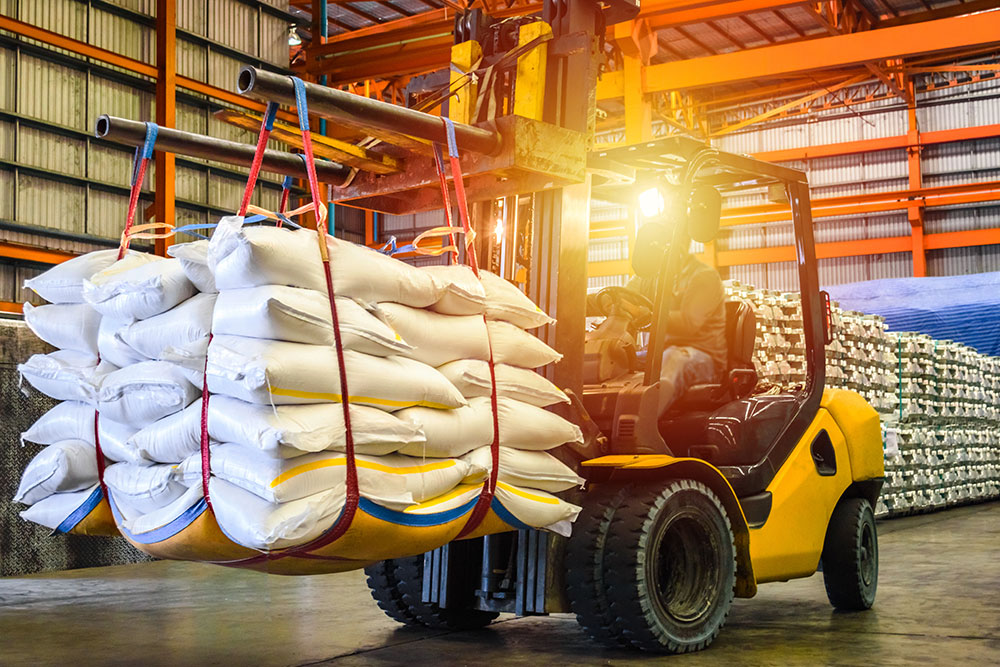
Which LOLER Regulations Cover Tests and Inspections?
PUWER sets out general inspection and maintenance duties for all work equipment, including lifting equipment. LOLER builds on this and includes specific regulations regarding lifting equipment checks and inspections.
Regulation 9 of LOLER requires employers to regularly inspect all lifting equipment used for their work activities.
Regulation 10 requires inspectors to create written inspection reports and share them with employers as soon as possible.
Regulation 11 is also relevant. Under this regulation, employers must keep inspection reports for a defined period. How long this is depends on the reason for the inspection, but records should generally be kept until the equipment is decommissioned.
LOLER Training
Our LOLER Training courses help reduce the risk of accidents during lifting operations in the workplace. These courses cover the Lifting Operation and Lifting Equipment Regulations in detail, giving you the knowledge to ensure compliance.
LOLER Checks, Tests and Inspections
Checks, tests and inspections are not the same, although these terms are sometimes used interchangeably.
Officially, a check is a relatively quick assessment performed by the operator before using the equipment. These pre-use checks should happen every time equipment is started up.
A LOLER inspection refers to a “thorough examination” of the lifting equipment. The Health and Safety Executive (HSE) describes these as:
Tests are technically assessments of lifting equipment’s weight limits. They can be part of a thorough examination but are not a given.
In fact, the HSE warns against conducting regular overload tests as they put an avoidable strain on the equipment, potentially shortening its lifespan and increasing the risk of it failing.
So, if you’re specifically asking, “How often should LOLER testing be done?” the answer is a little trickier and can only be supplied by someone competent with in-depth knowledge of your equipment and operations.
For this guide, we’re assuming you want to know about inspection schedules, as these are needed more frequently and are referenced explicitly in LOLER regulations.
When Should Inspections Happen?
All lifting equipment and accessories need to be inspected throughout their lifespan, but different equipment needs to be inspected at different intervals.
However, there are fixed times when inspections are necessary for all equipment. These are:
- Before equipment is used for the first time – New equipment assembled on-site must be inspected before its first use. This initial inspection isn’t strictly necessary if equipment is delivered ready to use and with a Declaration of Conformity less than one year old.
- After assembly – Equipment must be inspected whenever it’s taken apart and reassembled. It must also be inspected after every set-up in a new location.
- After equipment is exposed to ‘exceptional circumstances’ – If
equipment is exposed to conditions likely to cause problems, it must be inspected before use. Common circumstances include:- After suffering damage or a fault
- After long periods of inactivity
- After major modifications or repair
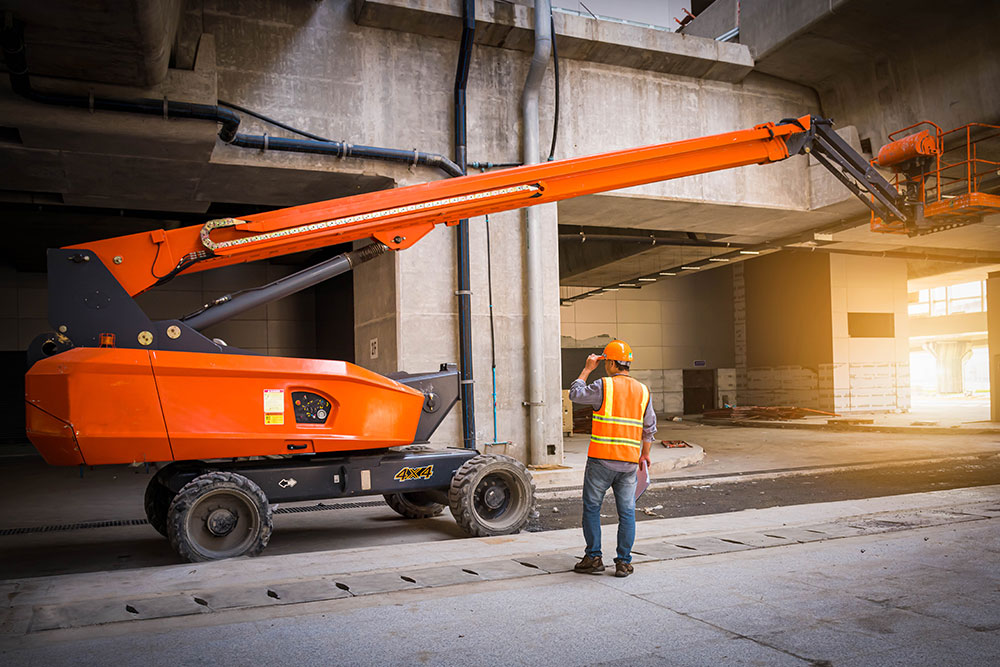
How Often Should LOLER Testing Be Done During Service?
All in-service equipment gradually deteriorates. To prevent routine wear-and-tear from developing into a serious fault, you must arrange regular thorough examinations outside the fixed times mentioned above.
You have two options for scheduling these examinations:
- At specified intervals of either 6 or 12 months, as set by LOLER
- When a competent person has deemed them necessary
A custom examination scheme drawn up by a competent person is typically the safer option. Particularly if equipment is routinely exposed to harsh conditions that can cause it to deteriorate faster, such as extreme weather,
Specified Intervals
If you choose not to develop your own examination scheme, you must revert to the ‘specified intervals’ set by LOLER. These are:
- 6 months for equipment and any associated accessories used to lift people
- 6 months for all other lifting accessories
- 12 months for all other lifting equipment (i.e. equipment that isn’t used to lift people)
Who is Accountable for LOLER Inspections?
Employers are responsible for ensuring that the lifting equipment used by their employees is inspected in line with LOLER regulations. They’re also accountable for any equipment faults that result in injury.
Of course, employers don’t need to do the actual inspection themselves. Instead, they must appoint someone to conduct it. This inspector must be competent, meaning they have the necessary knowledge and hands-on experience to identify any defects or weaknesses that affect the equipment’s safe operation.
Inspectors can come from within or outside your organisation. But if you appoint an employee, they cannot be responsible for the equipment’s routine maintenance. Otherwise, they’ll be assessing their own work, which undermines the integrity and reliability of the inspection. In these situations, it helps to train multiple employees so maintenance and inspection duties can be separated.
Developing Competence to Conduct LOLER Inspections
Training employees in LOLER checks and inspections can help develop the competence to carry out the thorough examinations required for your equipment. It can also give them the ability to assess equipment from outside your organisation and verify external inspections are up to standard, removing any doubts over the equipment’s safety and performance.
Our comprehensive online LOLER Training is designed to give users the competence to inspect lifting equipment and ensure operations are compliant. Across six modules, users examine LOLER requirements and what duty holders must do to comply. It covers:
- Risk assessments
- Requirements for lifting equipment
- Types of lifting equipment
- Lift plans
- Inspections (and how often should LOLER testing be done, of course)

